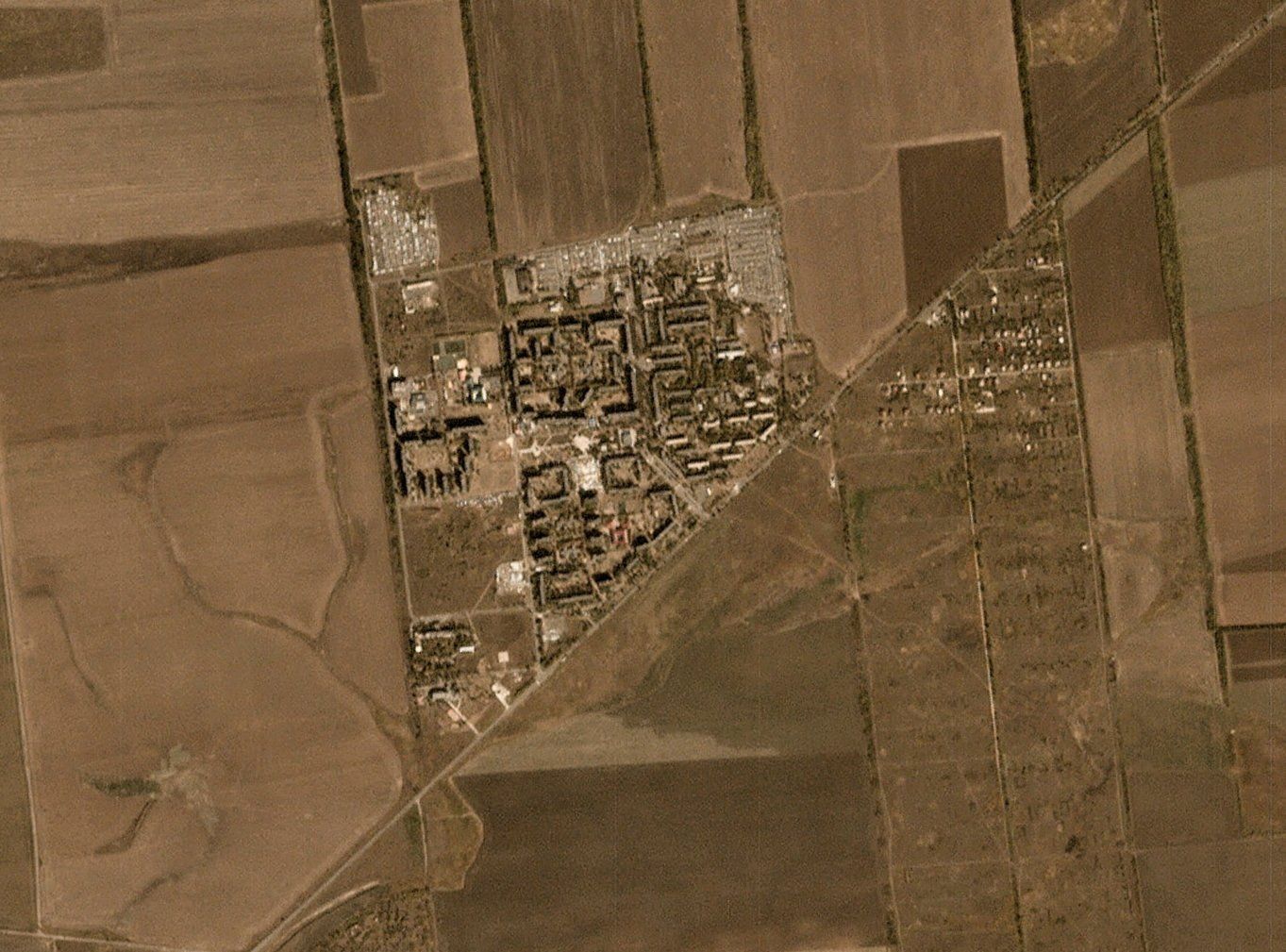Ukrainian officials acknowledged on Wednesday that Russian forces had taken the hilltop town ofVuhledar in the past few days. There are several reasons why this development matters for Russia’s war in Ukraine.
The seizure of this town demonstrates Russia’s determination to exert its advantage over Ukrainian forces in both manpower and firepower. Russian troops tried and failed to take this town at least four times over the past two and a half years, at a great cost to Russian lives.
It also demonstrates that Russian commanders and fighters are learning as they go. Instead of trying to take the town head-on, as they’ve done multiple times here and elsewhere in eastern Ukraine, the Russians first took smaller towns to the east and west before moving on Vuhledar from both sides. Thisflanking maneuver helped make the retreat from the town by Ukrainian forces more chaotic and bloodier than past troop withdrawals. Russians are trying similar approaches in other target areas.
Vuhledar is astrategically important town in Donetsk province in Ukraine’s Donbas region because it stands close to a rail line that links Russian-occupied Crimea with the eastern Donbas region.
Finally, the loss of this town brings Volodymyr Zelensky, Ukraine’s president, a step closer to tough choices about where to continue the fight in this region and where to concede. But it also gives him another argument to make with Ukraine’s Western allies in his bid to win more military and financial support.
